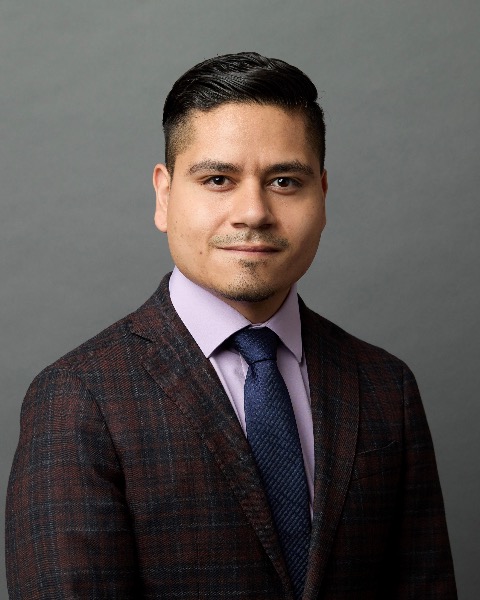Paper Presentation
Latina / Latino Issues
Session: Addressing Clinician Wellbeing and Systemic Barriers in Mental Health Services
Improving the Mental Health System for Spanish-speaking Immigrant Families through Advocacy Support for Providers
Friday, October 24, 2025
10:30 AM - 11:00 AM MT
Location: Sheraton Tower, Level 2 - Windows

Hector E. Chaidez Ruacho, LCSW, MSW (he/him/his)
PhD Student
University of Texas at AustinDisclosure information not submitted.
